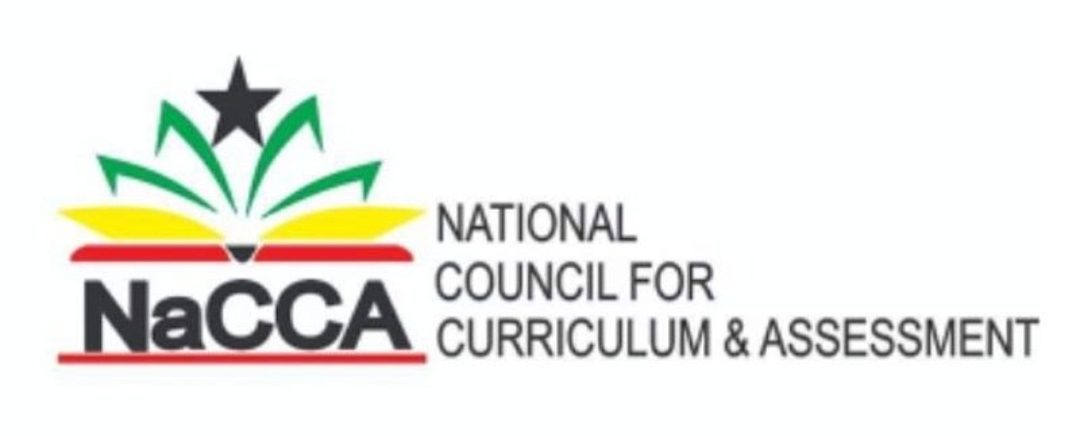Education stakeholders urged to increase awareness on Ghana’s new High School Curriculum

All secondary schools across Ghana have now begun implementing a new curriculum introduced by the Ministry of Education and its partners. However, some education advocates argue that parents are insufficiently informed about this curriculum, which may impact their children’s educational experience.
“There hasn’t been much engagement. It’s been the teachers – yes, the teachers have been trained, and they need to be trained – but parents also need to guide their children when they come home. They’ll come home with homework, and parents need to be involved. The community also needs to be engaged. How much engagement has there been about the curriculum?” questioned one advocate.
She further expressed her concerns, admitting, “I really don’t know much about this new curriculum and what it involves,” and critiqued the government’s tendency to roll out “beautiful” policies without adequately involving the public in the process.
She recommended that authorities increase public awareness about the curriculum by utilizing mass media and other communication outlets.
According to the National Council for Curriculum and Assessment (NaCCA), the new curriculum is intended to modernize Ghana’s education system, equipping students with the skills needed for 21st-century challenges. It is specifically tailored for Senior High Schools (SHS), Senior High Technical Schools (SHTS), and Science, Technology, Engineering, and Mathematics (STEM) schools.
Key elements of the new curriculum include an emphasis on STEM and technical education, flexible subject selection, and tools for personalized learning, such as remedial support and diagnostic assessments. It also promotes hands-on learning and digital literacy, making it adaptable to students’ strengths and interests.

